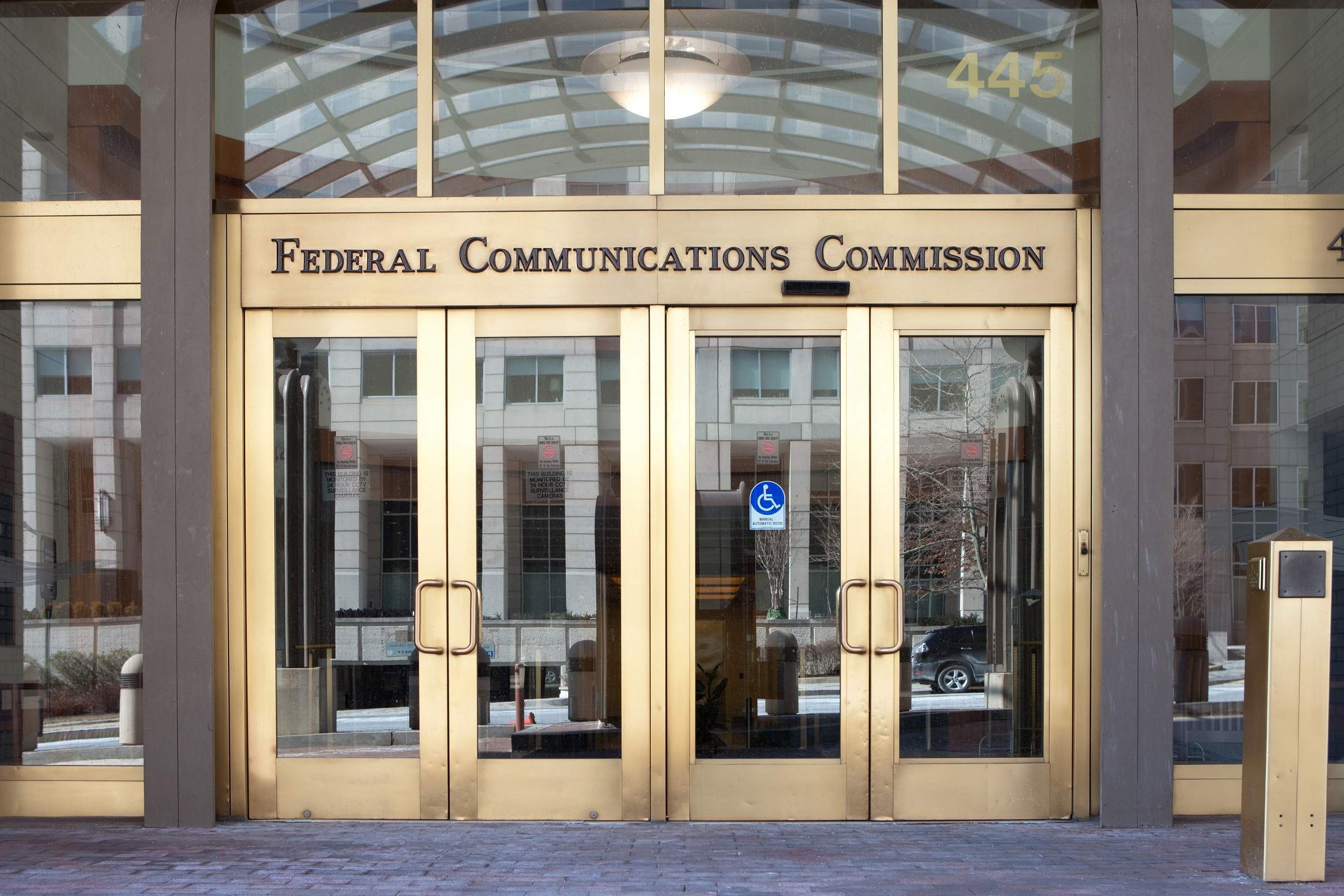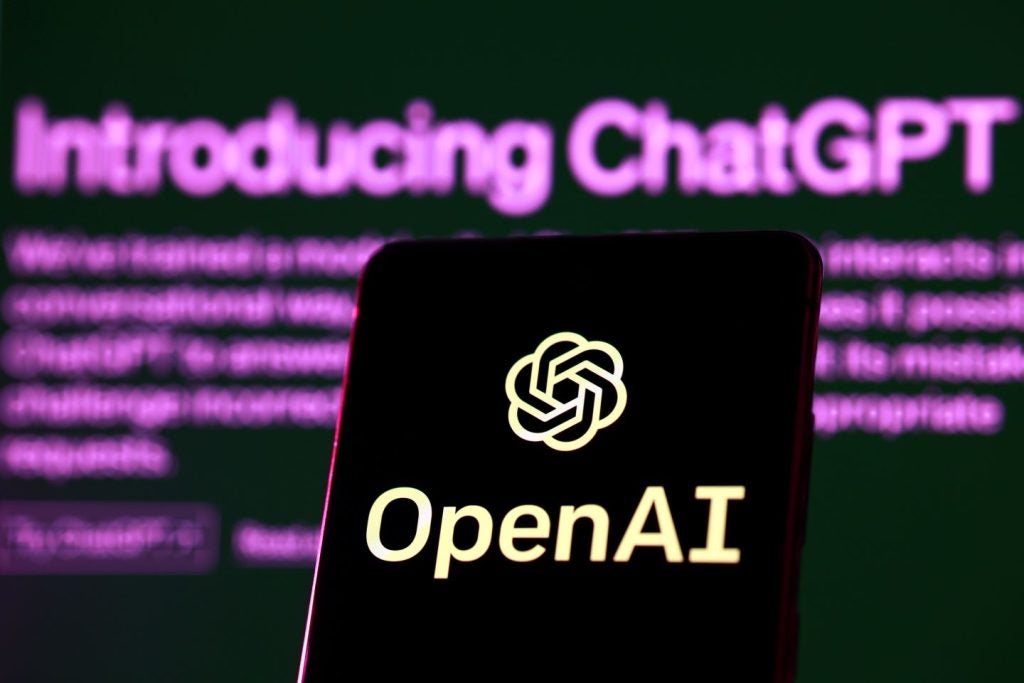
Consumers have long been outraged by some Internet Service Providers (ISPs) practice of assessing them a monthly Wi-Fi router rental fee, often around $10, even when those users supply their own router. That is why Congress passed the Television Viewer Protection Act (TVPA) of 2019 as part of a federal spending bill, which was signed by President Donald Trump on 20 December 2019.
The TVPA amends the Communications Act of 1934 to, among other things, prohibit multichannel video programming distributors (MVPDs) and fixed broadband Internet access service providers from charging consumers for equipment, such as routers and set-top boxes, not supplied by the company,
TVPA delay came in under the radar
The TVPA was slated to take effect six months after passage, meaning 20 June 2020. However, after lobbying from industry groups, the FCC declared in its 3 April order, which many observers missed while much of the nation was under Covid-19 lockdowns, that the effective date of the law will be delayed by six months to 20 December 2020.
The decision came just weeks after more than 700 broadband and telephone service providers backed the FCC’s Keep Americans Connected Pledge, agreeing to waive late fees and avoid terminating service for 60 days for residential and small business customers whose finances have been impacted by the Covid-19 outbreak. That pledge was announced 13 March, exactly three weeks before the FCC approved the deadline extension for the TVPA’s mandates. The pledge’s end date was later extended to 30 June.
Cash-strapped consumers bear the brunt
While agreeing to the FCC’s pledge may not have been a quid pro quo to get the FCC to let ISPs keep charging the unwanted rental fees for a while longer, it nonetheless is hypocritical for the agency to not also acknowledge that now would be the perfect time to save cash-strapped consumers, many of them newly unemployed due to the pandemic, from paying bogus rental fees for phantom equipment.
The TVPA also requires MVPDs to provide prospective customers at the point of sale with the “total monthly charge,” including what are often unexpected administrative and equipment fees, for the service they are signing up for. GlobalData’s research has shown that US cable and fixed telecom bundle rates can be up to 63% higher than advertised once all the required equipment and mandatory service or technology fees are added in.
How well do you really know your competitors?
Access the most comprehensive Company Profiles on the market, powered by GlobalData. Save hours of research. Gain competitive edge.

Thank you!
Your download email will arrive shortly
Not ready to buy yet? Download a free sample
We are confident about the unique quality of our Company Profiles. However, we want you to make the most beneficial decision for your business, so we offer a free sample that you can download by submitting the below form
By GlobalDataLobbyist claimed extension would be needed even without Covid-19
The FCC justified the blanket extension of the TVPA as necessary to ensure service providers would not be forced to divert resources and could instead focus on “the nationwide effort to keep Americans informed and connected during this national emergency,” referring to the Covid-19 outbreak. However, the commission also noted that industry lobbyists claimed this extension would have been necessary even without the pandemic excuse because six months following passage of the TVPA was not enough time to comply under normal circumstances.
There is at least a light at the end of the tunnel. A six-month extension for implementation is the maximum time permitted by the TVPA. That means frustrated consumers will at long last stop being charged for nothing when the law is finally implemented on 20 December.





